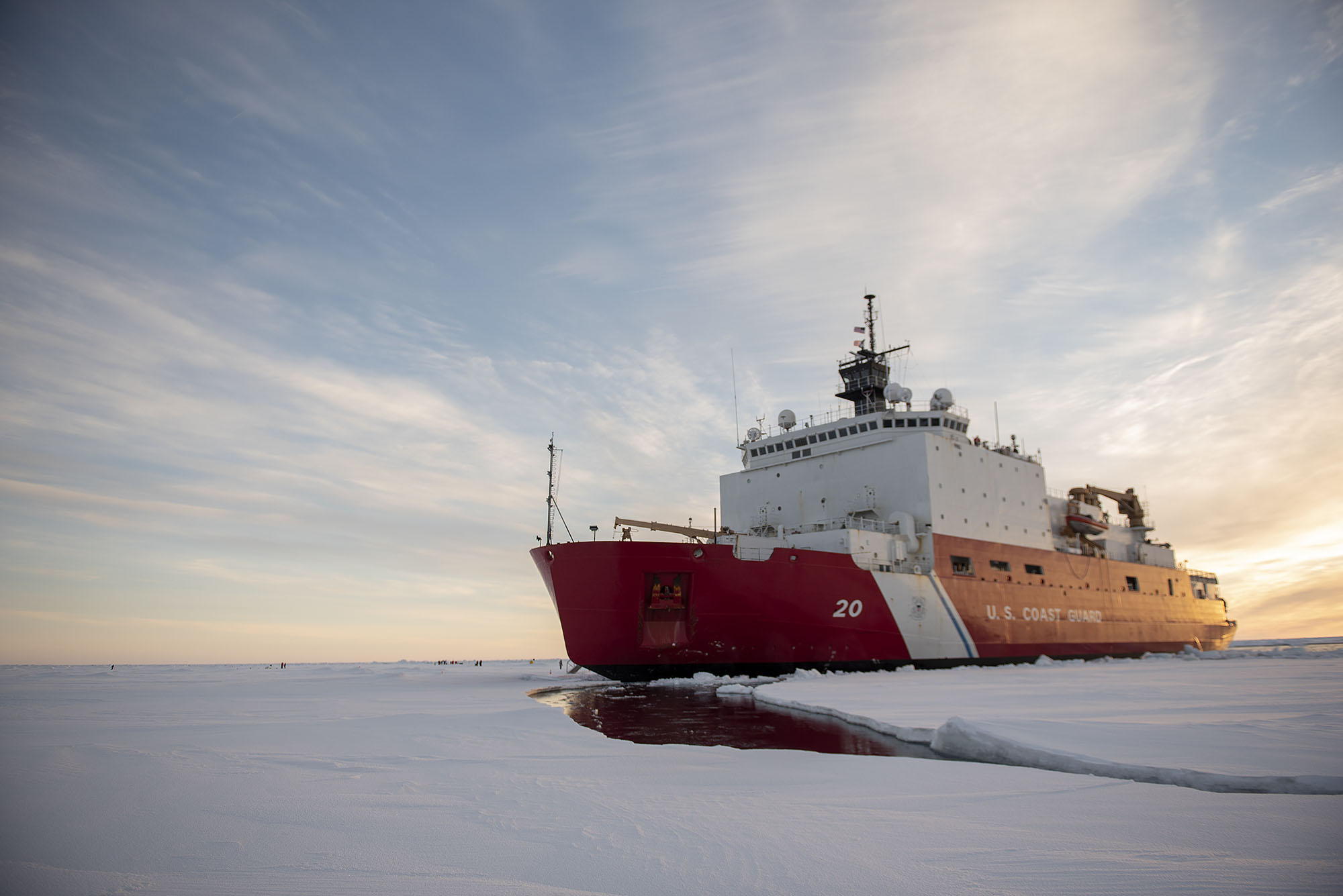The two most important global issues of the coming decades are the return of rivalry between great powers and the intensification of climate change. Squarely at the intersection of these trends sits the Arctic, a region whose growing importance is reshaping the world's geoeconomics and geopolitics alike.
Publicly, the Trump administration is giving greater attention to the Arctic — an indication that the United States is mobilizing for the new era. Unfortunately, while Washington is speaking the language of great-power rivalry, its actions have yet to catch up with its words.
Since January, the U.S. Navy and Coast Guard have released separate Arctic strategies. Secretary of the Navy Richard Spencer has called for new freedom of navigation operations and an increased naval presence in the region. At a May meeting of the Arctic Council, which consists of the eight nations bordering the ocean, Secretary of State Mike Pompeo warned that predatory powers were making inroads in the region. Calling out China's actions in the Western Pacific, he asked, "Do we want the Arctic Ocean to transform into a new South China Sea?" And in June, the Pentagon released its department-wide Arctic Strategy report, rewritten to reflect changes in the world environment since the last was released in 2016.



















With your current subscription plan you can comment on stories. However, before writing your first comment, please create a display name in the Profile section of your subscriber account page.